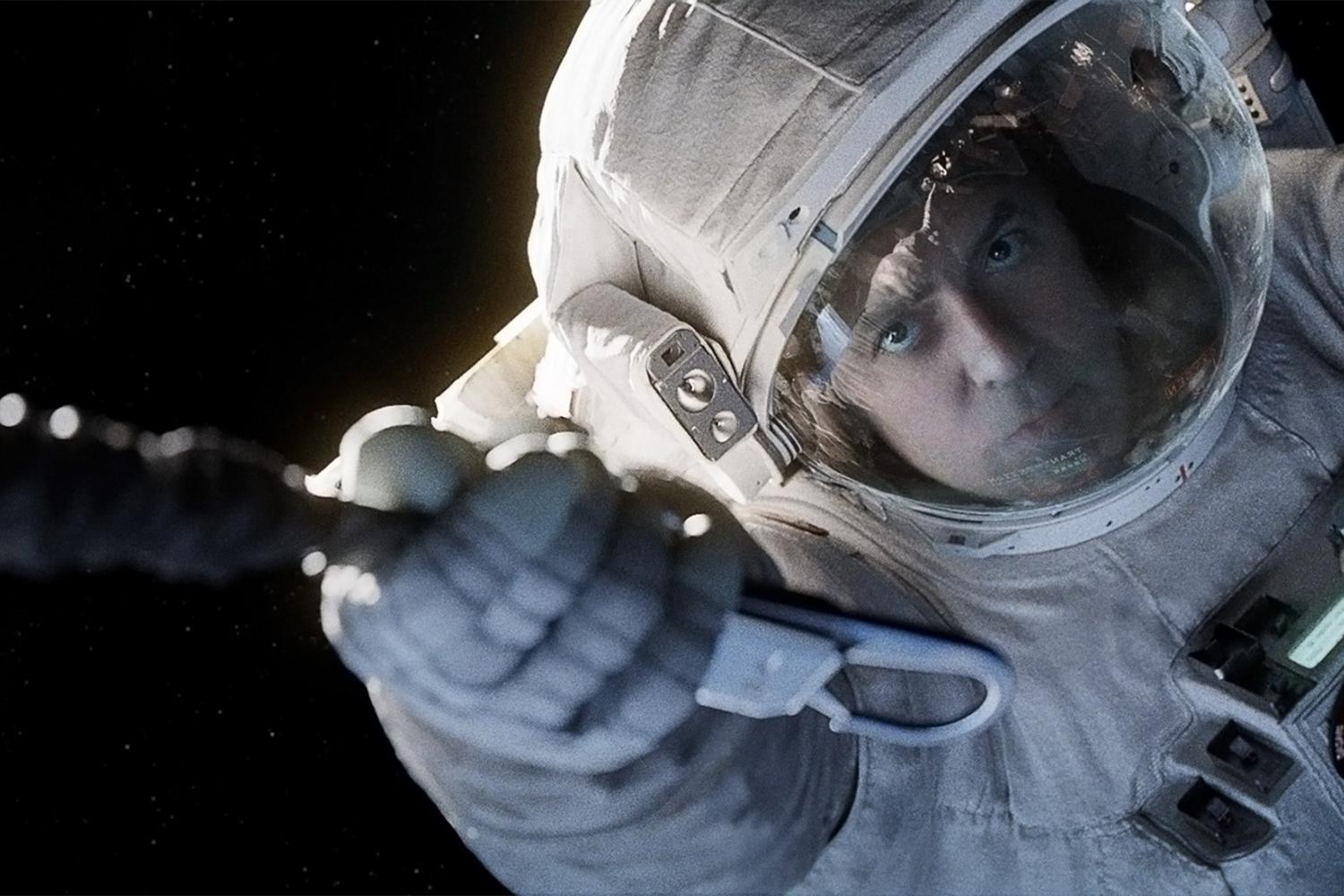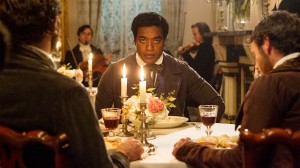
Blue Jasmine (2013) 3/4
Delightful, tonally sound, and uncomfortably hilarious, Blue Jasmine finds Woody Allen back in fine form after a schizophrenically inconsistent string of films that ran the gamut between pleasantly diverting (see: Midnight in Paris) and maddeningly sketchy (see: To Rome with Love).
Much of the film’s success has to do with Cate Blanchett’s marvelous performance as the neurotic, Xanax-popping title character. Fragile, anxious, infuriating, showy and vindictive, her anti-hero makes the film mesmerizing even when Allen loses his focus. Undeniably, she sets a new standard for dysfunctional people. Blanchett’s work is Oscar-calibre, and may snag her the golden statue itself.
Each member of the supporting cast has the opportunity to do something memorable, and established talents and new faces rise to the occasion. They are wonderful almost without exception: Michael Stuhlbarg as the leering dentist, Peter Sarsgaard as the aspiring politician, Sally Hawkins as the frumpy sister, Louis C.K. as the doting lover. The lovely and dynamic surprises are the unknowns that jump off the screen: Alden Ehrenreich as the estranged son, Andrew Dice Clay as the divorced husband, and Bobby Cannavale as the eternal target of Jasmine’s biting attacks.
Restructuring Tennessee Williams’ timeless “A Streetcar Named Desire” somewhat problematically, Allen nevertheless pulls off an impressive screenplay laced with dark, scathing humour and compelling characters. The film also acts as the most effective and naturalistic ode to San Francisco as anything Allen has done on his “world tour.”
If it remains partially saddled with typical Allen flourishes and shortcomings (a lack of refinement, some clunky narrative unevenness, a hard-to-swallow dose of cynicism), and never reaches the heights of its brilliant inspirational material, Blue Jasmine finds Allen – like Jasmine – out of his comfort zone, and the result is one of the nerviest, freshest films of the year.
Gravity (2013) 3/4

Efficient, gorgeous, and thrilling, Gravity delivers exactly what it promises: a suspense tale in space with dazzling visuals. Is it better than 2001: A Space Odyssey? Is it better than director Alfonso Cuarón’s Y Tu Mamá También or Children of Men? No and no. But is a roaring good time. A short running time of less than 90 minutes and a series of (slightly) implausible narrative twists ratchets up the tension until it’s nearly unbearable, holding most audience members on the edge of their seats until the credits. It will wind you up and wring you out.
George Clooney and Sandra Bullock do more than solid work, although Clooney dabbles in some celebrity-speak and Bullock struggles to break free from the pesky rom-com image that haunts her like a determined and demented ghost.
However, it is an immersive experience, brought to life by the genius of Emmanuel Lubezki, whose cinematography is beyond reproach. Yes, he should have won Academy Awards for Children of Men and The Tree of Life. But a win here would be well-deserved. You feel as if you’ve taken a ride through the stars. There are some heart-stopping stills.
The reason for the film’s lack of resonance, compared to Cuarón’s previous Mexican road-trip extravaganza and dystopian adaptation, is the film’s fleeting impact. It grips you for every second that it lasts, and then it lets you go. You leave satisfied, but not challenged. You leave invigorated, but not moved. The story and the script are simplistic, almost window dressing meant to prop up the brilliance of the effects.
Gravity is a rousing crowd-pleaser from someone with serious filmmaking talent. Everyone should see it in IMAX 3D. Lubezki should probably win the Oscar. Just don’t go calling it the best movie of the year.
12 Years a Slave (2013) 3.5/4

Excruciatingly brutal yet undeniably powerful, 12 Years a Slave is a soul-splintering descent into hell, a harrowing journey through the inner workings of an institution that robbed people of freedom, family, and dignity.
Chewetel Eijofor gives an astonishing performance, following up his fine work in Children of Men by embodying Solomon Northup to heartbreaking effect. The man is persistent, hard-working, committed, sure, but he is also angry and broken and torn between survival and how far to push a system that constantly works against him. With unparalleled rage, malice, and obsession, Michael Fassbender disappears into Edwin Epps and handles the toughest scenes in the film (the dehumanization of Eijofor, Lupita N’yongo, and others through rape, lashing, and verbal tirades) with fierce tenacity and a terrifying absence of conscience. Benedict Cumberbatch and Sarah Paulson prove their mettle and are faultless in their portrayals, and Paulson has several devastating moments.
The film is not without its shortcomings. The string of star cameos, including Paul Giamatti, is distracting in some cases. Paul Dano is saddled with lines of borderline-ludicrous hysteria, scenes which do not rise to the brilliance of There Will Be Blood. Brad Pitt as the rights-spouting saviour is a bit too on-the-nose, although the message is heard loud and clear.
There have also been allegations that Steve McQueen’s austere directorial style comes into conflict with the narrative, and it is true that DP Sean Bobbitt’s ravishing formal beauty and crisp sense of composition may deprive audiences of a degree of engagement with the horrors on screen. But McQueen is working with gripping material and great actors that punch their way through these constraints. They should be given credit for presenting everything at face value, rather than dipping into sensationalism.
12 Years a Slave is a stunning work that tramples doubts, champions courage, and leaves a river of tears in its wake.
Kendall has a blog! For more film reviews, check out Absurdity & Serenity at http://absurditys.wordpress.com/.
